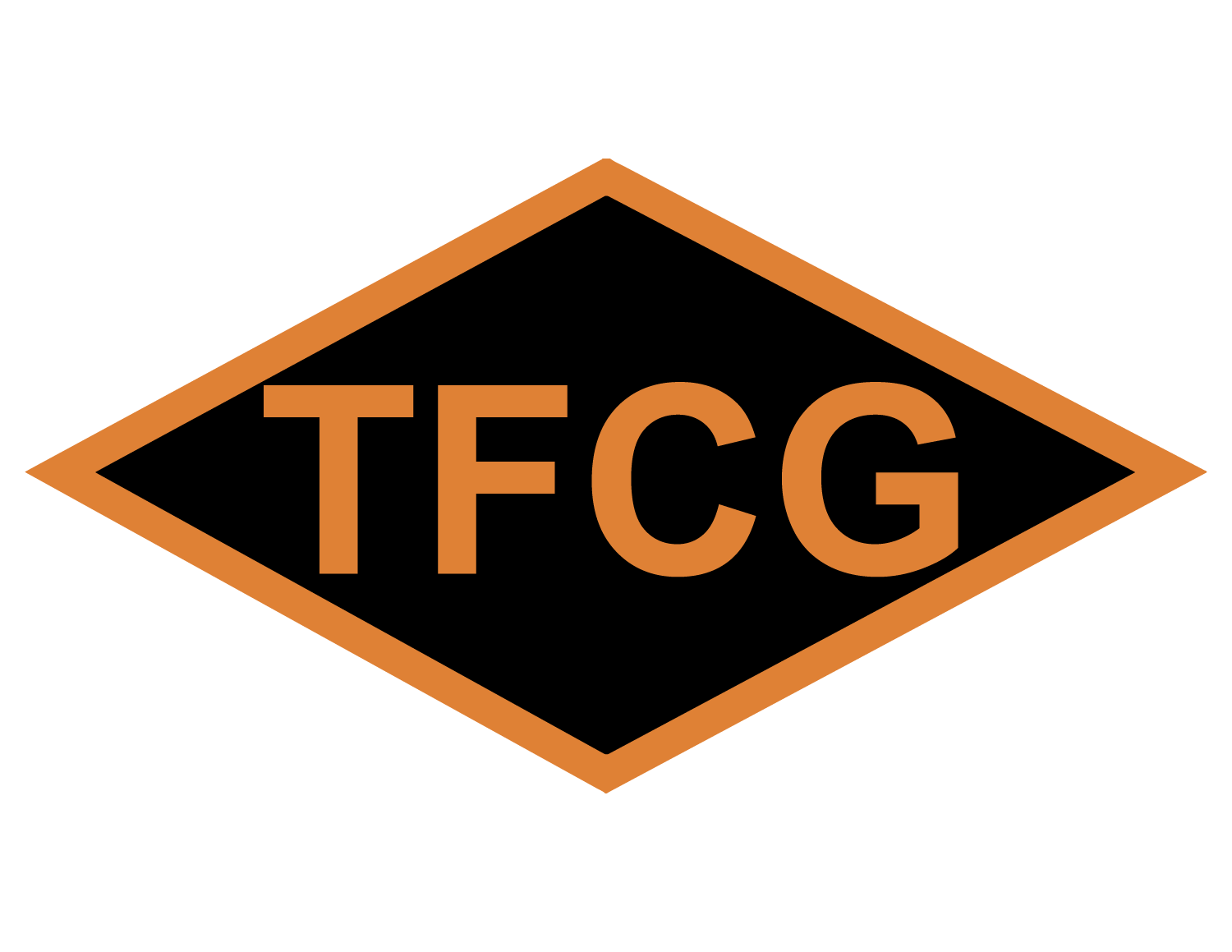The Mundanity of Excellent Leaders (#66)
Excellence is defined as unusually good or outstanding. From Malcolm Gladwell’s concept of 10,000 hours of practice to become a master in Outliers; to Daniel Coyle’s deep practice, ignition, and master coaching in The Talent Code; to Jim Collin’s ideas of level 5 leadership, the hedgehog concept, culture of discipline, and the flywheel in Good to Great there are lots of ideas on how to forge excellent people or organizations.
I recently read “The Mundanity of Excellence: An Ethnographic Report on Stratification of Olympic Swimmers,” a 1989 article written by Daniel Chambliss (Thanks to David Perrell for introducing the paper to me) which reaches a different conclusion about the pursuit of excellence. Click here to read the complete article. It’s a challenging, thought provoking article about how excellence is attained based on Daniel’s decade of observing swimming at multiple levels. You will especially enjoy it if you or your kids are trying to get better at a sport or dance.
Some of Chambliss’s key points are:
“Excellence is mundane. Superlative performance is really a confluence of dozens of small skills or activities, each one learned or stumbled upon, which have been carefully drilled into habit and then fitted together into a synthesized whole.”
Each of the tasks is small in itself, but mastering each (for example the flip-turn, breathing, the arms entry into the water, the leg kick, etc.) allows the athlete to swim a bit faster. So the little things really do count.
Especially for novice swimmers, showing up for regular practices produces the greatest speed improvement the athlete will ever experience.
Motivation is mundane, too. The athlete must be able to achieve small wins or those daily, definable minor achievements.
Chambliss is not a fan of talent, or natural aptitude or skill. He notes that “it takes a while to recognize swimming talent. Indeed, it usually takes being successful at a regional level, and more often at a national level, before the child is identified as talented.” So despite being “gifted,” it typically takes six years of hard work before a child is recognized as a talented swimmer.
Mastering the little things leads to excellence in the pool
Most of us aren’t trying to improve our times in the 100-yard freestyle, so let’s take a look at how to apply Chambliss’s ideas to leadership. First, leadership involves operating in a different environment than a swimming pool. A pool is a relatively fixed environment. Leadership occurs in a fluid environment — people, challenges, the competition, and tasks are always changing whether you are in a business, sports, or the military. Yet, I am convinced that excellent leaders master the mundane. They do a series of little things right day-in and day-out. They may emphasize one concept or another based on the unique set of people, challenges, competition, and tasks that makes up their environment, but what makes them excellent is doing the little things right over and over again.
In my mind, the top eleven little things to do as a leader are:
Set a personal example
Communicate effectively to the team (see Post #24 — The Backbrief)
Communicate effectively to the boss (see Post #27 — BLUF )
Listen to the team
Provide the team the purpose or the why (see Post #53 — Purpose vs Vision vs Mission Statements)
Recognize excellence within the organization (see Post #17 — Recognize Excellence)
Delegate responsibility
Develop and communicate plans to the team, the boss, and peers (see Post #30 — The OPORD)
Supervise the team’s execution of the plan (see Post #34 — Battle Rhythm)
Decrease friction between parts of the team, silos, or management (see Post #21 — Where to Go as a Leader)
Run an effective meeting (see Post #16 — Running a Bad Meeting)
Think about the best leaders that you have ever worked for. There was an aspect of mundanity about them — they did things routinely every day. Examine your leadership habits and find one of the eleven that you can improve. And then go on the offense and work hard to improve one of the little things and become a better leader.

